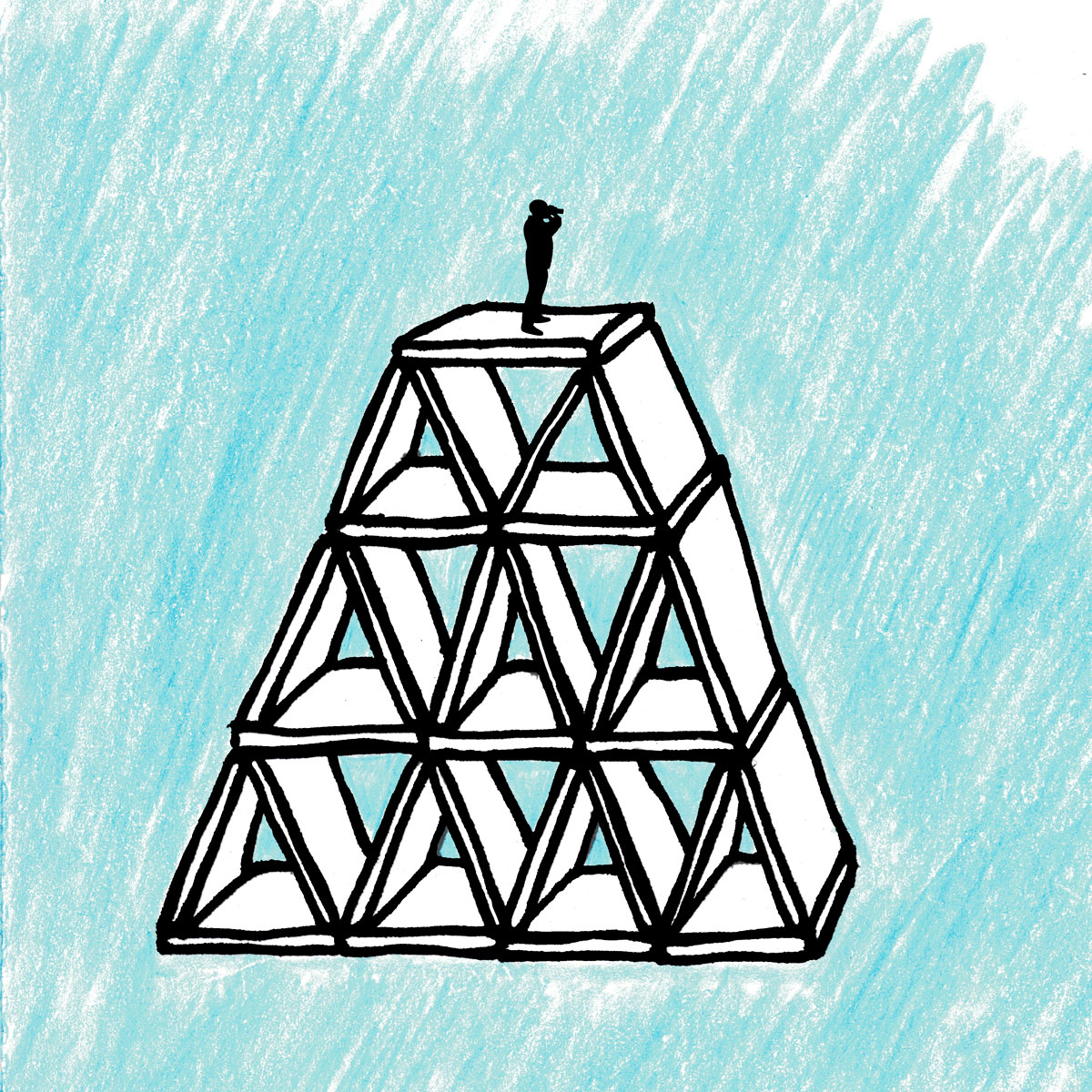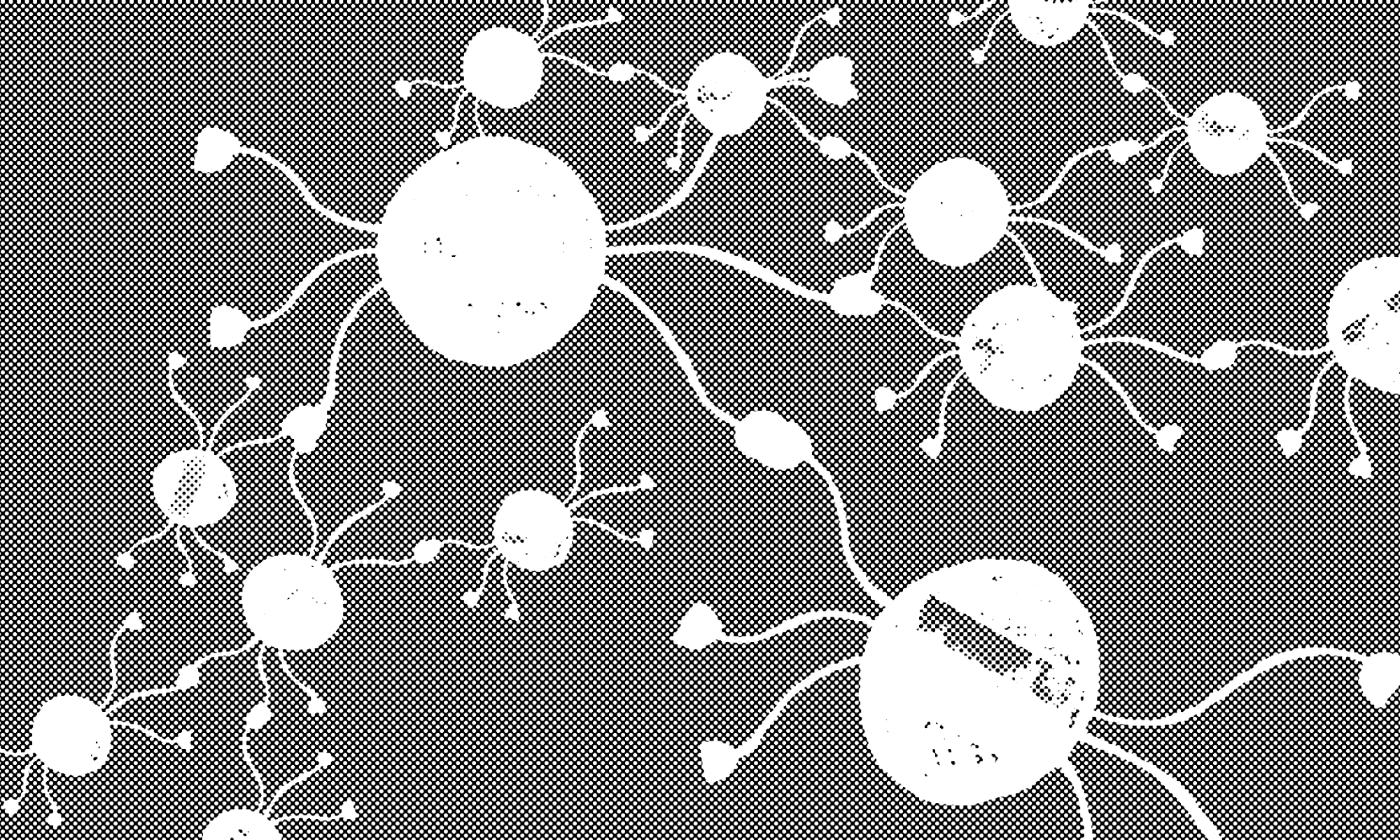
This text is also available in German.
Most of the time, when I weigh up arguments, when I think loud about things like how the real estate market is developing, people immediately ask me: “Is that good or bad?” It seems to be an incredibly interesting question whether something is good or bad. And then I think to myself: But if that’s such an important question, why do people ask me? People should ask someone who has a clue. It might be best to ask someone who knows how the future will have developed. Someone who looks at the present from the future, so to speak. I have no idea, I’m just thinking.
I consider and weigh up the arguments, precisely because I want to find out how things actually will develop. I can only imagine, I can’t really see the future, obviously, because I am in the present. So I am sitting in the present and think about how the real estate market will develop in the future. What I absolutely don’t want, is to distort the image that I can see of the future with my wishful thinking. So I try to take a look as neutral as possible. Not judging if something is good or bad.
Yes, sometimes I do have an opinion. I think the rents should be bla, because blaba. But if I wish for the future (“I think the rents should..”), then it is only probable that I arrange the arguments in such a way that the future that I wish for appears most probable. And even if I’m aware of the problem, it doesn’t help at all, because this shifting of the arguments is done by the unconsciousness by itself. There is nothing I can do about it.
That’s why scientists, when they want to find out something, conduct double-blind-experiments. It is proven that a researcher who has an opinion unconsciously influences the result. More than that: it doesn’t even matter whether the researcher has an opinion or a preference, the mere fact that the one who conducts the experiment, knows the result increases the probability that the result of the whole examination is wrong.
Once it was believed that a horse could calculate. Experts tested the horse for years. That was before the double-blind-experiment was known. If you have given the horse a calculation task, for example: How much is 3+9? Then the horse would scratch 12 times with his right hoof. But the horse could not calculate at all. The horse could only read the faces of the human experimenters well, and they were the ones who could calculate.
So if I want to know how the real estate market will develop in the future, then I don’t want to spoil the result with my opinion – that would be stupid!
So I try to have no opinion when thinking, when weighing up the arguments and just not to consider whether one or the other is good or bad.
And arguments usually work in a way that one argument builds on the other. It’s like a house of cards, where one card supports an other card and that way layers are build on which even more layers stand. Only that the cards are not cards, but arguments. And if that works well and you get a stable house of cards that you have glued together with a lot of good information (because only good information makes the glue that really holds) then you can finally stand on top of the construction and look into the distance and see the future.
This means that I want my information to be correct (as information is the glue that holds the arguments together) and I want my arguments to be correct, i.e. the cards that make up my tower. So I don’t want to manipulate a card consciously or unconsciously, pull it longer or shorter, because that would make my tower crooked and I would see some nonsense from its top, but not the future – if the tower holds at all and doesn’t collapse already because of the many crooked arguments.
That’s why, in any case, I don’t want to form an opinion when I think about something. And certainly not, after I have only considered the very first argument and have at most reached level one. I still want to put many more arguments, many more cards, many more levels on one another. Whether something is good or bad? So the question that most people ask right at the beginning – it can only be judged anyway if you stand on the finished tower and look down. When the tower has grown out of arguments. Only from there, i.e. from the top of the tower, can you really judge whether something is good or bad.
Translated with the help of www.DeepL.com/Translator

